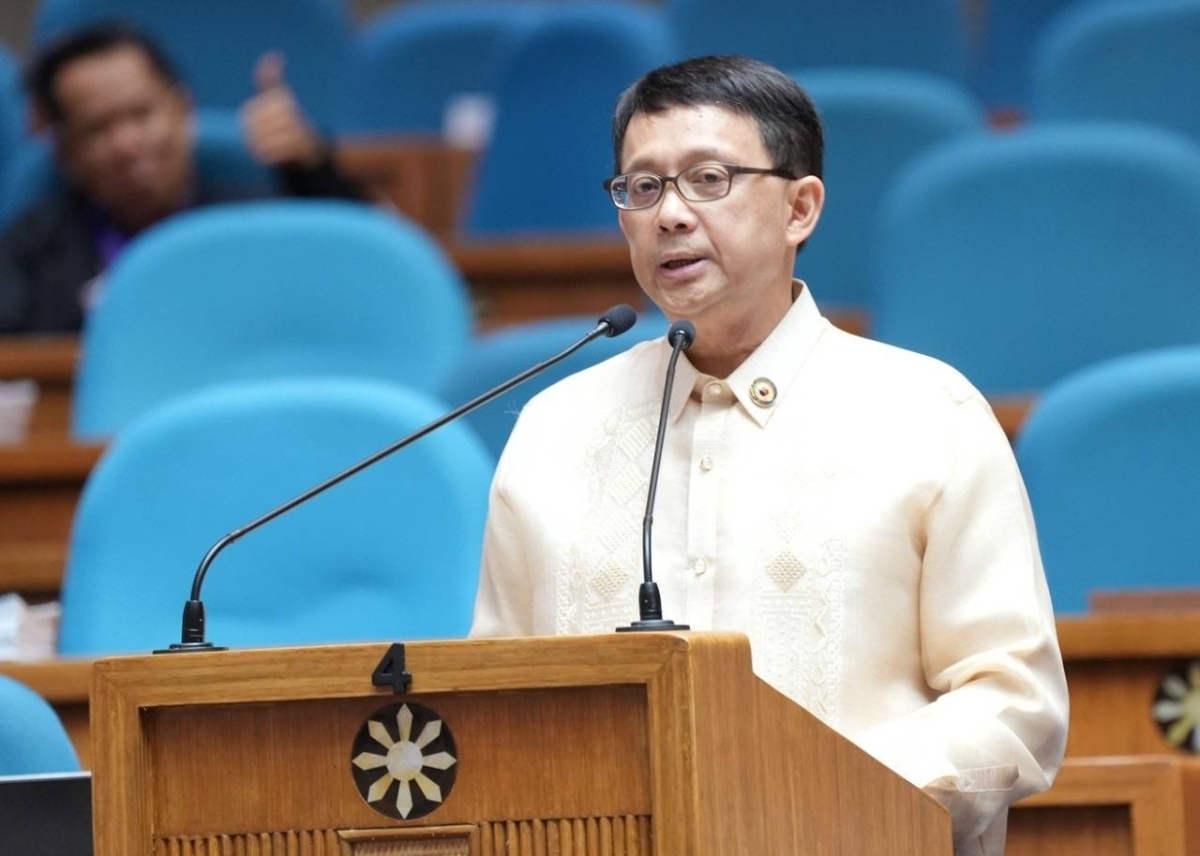In a move to ensure transparency and accountability, Northern Samar Rep. Paul Daza has called for an audit of the P10.3 billion fund designated for the free tuition and living allowance of underprivileged tertiary level students enrolled in both state universities and colleges (SUCs) and private higher educational institutions (HEIs). This fund, which is part of the Higher Education Development Fund (HEDF) allocated to the Commission on Higher Education (CHEd), was generated from the earnings of the Philippine Amusement and Gaming Corp. (Pagcor), Professional Regulation Commission (PRC), and travel tax.
Daza’s call for an audit comes in response to complaints lodged by the Association of Higher Education Institution (AHEI) in Region 12 against CHEd for the non-payment of student scholarships under the Unified Student Financial Assistance System for Tertiary Education (UniFAST). UniFAST, which is responsible for implementing Republic Act 10931, aims to ensure that all eligible Filipinos have access to adequate and equitable education.
Highlighting the importance of adhering to the law, Daza emphasized that the earmarked funds should not be used for any purpose other than what has been specified. If left unused, the funds would simply remain idle at the National Treasury. Daza further urged President Ferdinand Marcos Jr. to initiate a review of CHEd’s performance in terms of education standards, enrollment and graduation rates, and dropout rates.
Expressing his disappointment with CHEd, Daza cited reports indicating a high dropout rate of 30 to 40 percent annually, resulting in only 60 out of 100 enrolled students being able to graduate. With a significant amount of funds available, Daza raised concerns about a potential hidden agenda and called for a thorough review and investigation by the Commission on Audit and Malacañang.
Under the UniFAST program, scholars are entitled to receive P30,000 per semester for tuition fees and living allowances. CHEd is responsible for disbursing these funds to SUCs, local universities and colleges (LUCs), and private HEIs in areas where SUCs and LUCs are not available.
According to Agapito Libaton, President of AHEI and CEO of Marvelous College in Koronadal City, CHEd currently owes P2.1 billion in unpaid dues for the school years 2021-2023. AHEI also raised concerns about the sudden change in guidelines by CHEd, which led to the inclusion of only a few scholars for the school year 2022-2023. The new guidelines utilized the Department of Social Welfare and Development’s (DSWD) “listahan 3.0,” which primarily listed the parents of the students. This change has caused financial difficulties for many schools, as students continue to attend classes without paying their fees.
Lubaton further emphasized the lack of guidance from CHEd regarding how deserving but financially disadvantaged students can be included in the DSWD’s listahan 3.0. This ambiguity has created challenges for students hoping to benefit from the program.
In a hearing held in August 2023, Rep. Mark Go instructed CHEd to settle its scholarship debts to students using the P10.3 billion HEDF. However, as of September 22, 2023, CHEd has only partially paid the student fees of P10,000, with the allowance yet to be released.
Efforts are being made to address these issues and ensure that deserving students receive the education support they are entitled to. The call for an audit and the demand for transparency in the allocation and disbursement of funds highlight the importance of upholding the principles of equity and accessibility in education.
Source: The Manila Times








